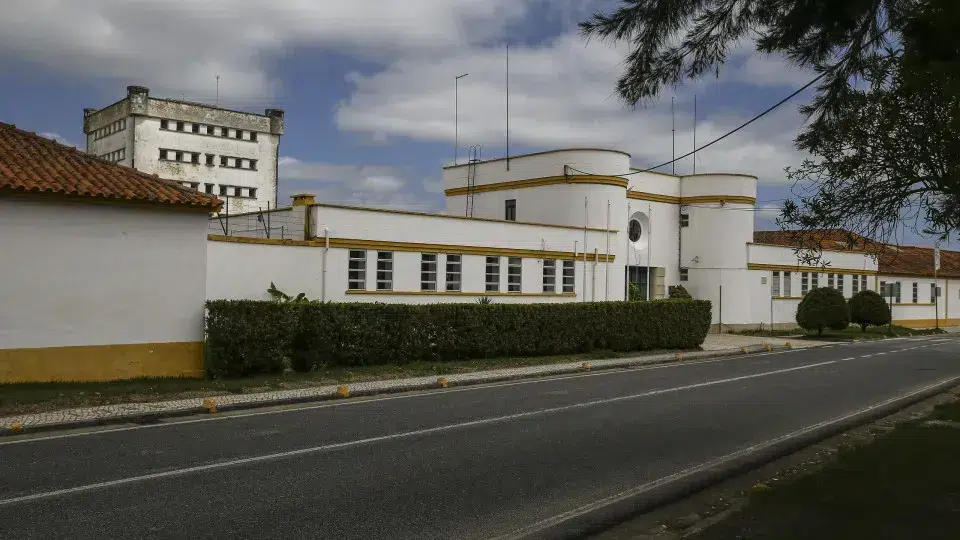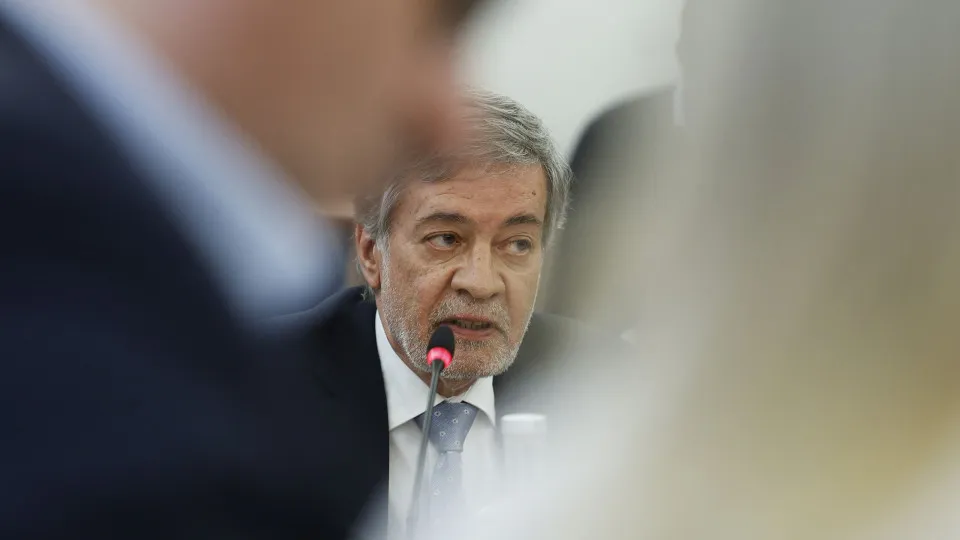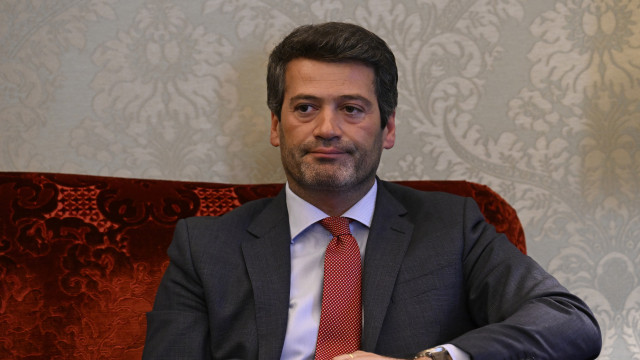
“According to my calculations, surely more than 100 million, that is, more than 50% of the Recovery and Resilience Plan (PRR) for continuous care will not be spent, and therefore, Portugal will not receive this amount, unfortunately,” stated José Bourdain, expressing regret that the government “encouraged the units to advance with works even knowing about the enormous delays.”
The President of the National Association of Continued Care (ANCC) added that he had written to the Prime Minister and the Minister of Cohesion (responsible for PRR funds) “months ago” but received no response.
The official highlighted the underfunding of the units, emphasizing that “even with the increased funding per square meter of construction, the amount is insufficient.”
“Currently [the square meter of construction] is around 1,600, 1,700, or 1,800 euros per square meter, depending on the equipment. In the case of continuous care, as they have much more complex technical issues and larger areas, it is currently around 1,800 euros/m2. So, the 700 euros/m2 given as a grant represent about 30% of what a project truly costs. This is without VAT,” he explained.
The official further stated that even with the increased funding – the amount rose from 30,000 euros/bed to 42,000 euros/bed – “it is insufficient because a percentage is applied to the works, another to the equipment, and another to the projects.”
“Given the square meters involved, we are talking about something like 700 euros per square meter, which is a perfectly ridiculous amount compared to the values being practiced,” he added.
The ANCC president also provided the example of the Sintra municipality, where his institution is located, revealing that it applied to the PRR for 143 long-term care beds – “the type most urgently needed” – and 30 slots in an autonomy promotion unit.
“Just for my institution, there were 173 beds, plus five other entities applied for, totaling more than 400 beds in the Sintra municipality. None advanced,” he lamented, emphasizing: “I would even say it is the most disadvantaged municipality in the country.”
He acknowledged that the current government inherited “enormous delays” from the previous one but argued it “could have resolved them by instilling a different dynamic, but it didn’t.”
“Notices were issued too late, applications were reviewed too late, yet units were encouraged to apply and proceed,” he commented.
The association’s president also mentioned that only after the contracts in Lisbon and Vale do Tejo were signed, in mid-April, during a meeting with the Secretary of State for Health Management, were they informed that units that could not complete the works by June 30, 2026, should withdraw, allowing the funds to be used for hospital equipment instead.
The official recalled that the ANCC had repeatedly warned of delays in launching tenders in this PRR area, under both the previous and current governments, and expressed surprise that during the contract signing ceremony in April, the publication of a “new notice for the remaining beds” was announced.
To try and recover from the delays and ensure the execution of PRR funds, José Bourdain had asked for specific legislation (a kind of ‘fast track’) to accelerate the licensing process.
He noted that many entities invested hundreds of thousands of euros in projects, took out bank loans, some even proceeded with public tenders (with some ending up deserted due to constant price increases), having already signed contracts.
The official also mentioned that in the Lisbon and Vale do Tejo Region, this involves “about half of the PRR target, which is over 2,000 beds in continuous care.”




